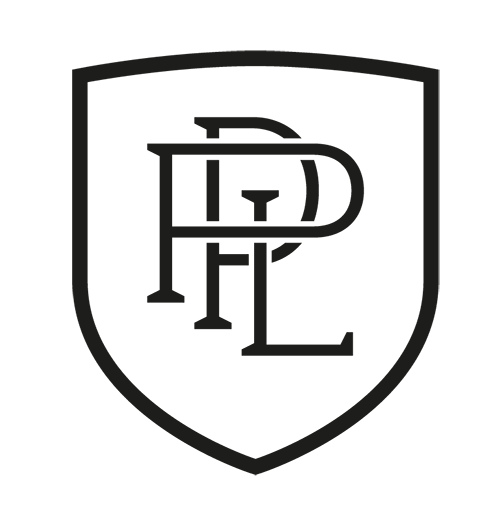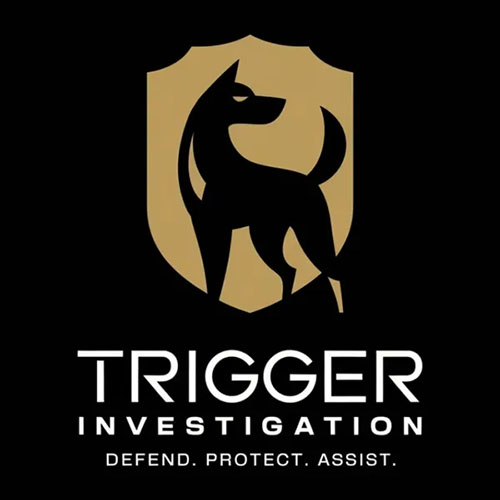Glow sticks are not only used for entertainment purposes, but can also be used as a light source in the dark. Therefore also well suited for crisis preparedness. Glow sticks are used by armed forces and law enforcement agencies worldwide for a wide variety of purposes. The range of glow sticks in different shapes, sizes and colours is constantly growing. The brightness of these sticks depends mainly on the colours of the light that is used.
Moore Protection offers valuable assistance in this regard.
Through the ages
The military use of glow sticks has been known since the 1960s. The glow sticks we know were invented in 1976 and were initially used purely by the navy as emergency lights to mark various military operations.
With the passage of time, these useful bendy lights can now be found in many professions as well as in public service departments, law enforcement agencies, fire services and other search and rescue units. They are also great for crisis preparedness or camping.
Currently, over 15 million of these glow sticks are used annually by the US Department of Defence alone! (Source: Wikipedia)
How the bending lights work
Glow sticks are flexible plastic sticks that contain water peroxide and oxalic acid esters as well as chemical dyes in different chambers. When the stick is bent, these liquids combine and a chemical reaction takes place, which causes the stick to glow. The colour and duration of the light depend on the composition of the bend light. We recommend using only quality products!
Green and yellow are considered the brightest colours!
The burn time is also longer compared to other colours. Therefore, these colours are mainly used for emergencies in the dark.
In fact, the whites, the glow sticks, are the ones that are rated the lowest in the brightness scale. They also have a shorter glow time compared to other colours.
Basically, the glow sticks are available in eight different colours: green, yellow, red, blue, orange, pink, purple and white. Colour combinations are also available.
Especially for military use, as the latest technological innovation, infrared bending lights are also offered to increase safety as well as success in night operations. Invisible to the naked eye, these glow sticks emit sufficient thermal image to provide a tactical advantage in night operations. These special glow sticks can be used to clearly mark night targets. They are also durable and easy to carry.
Here are some application examples:
- Powerless illumination of rooms as emergency lighting/crisis prevention
- Marking of equipment, vehicles, shelters etc.
- Marking of buildings, passages and assembly points, landing zones, e.g. for evacuations.
- Marking of persons, e.g. friend-foe recognition
- Categorisation of injured persons in emergencies (medical triage)
- Marking of landmines, mine lanes, barriers, logistics, etc.
Glow lights are also used in tactical emergency medicine. Whether purely for emergency lighting or for classifying patients into visual categories, the result of which is called triage. For example, in large-scale emergencies or mass casualties, even away from civilisation.
This categorisation of patients enables the planning of a targeted deployment of the emergency medical resources that are available.
The colour guidance system for medical triage:
- red T1 immediate treatment / acute, vital threa
- yellow T2 delayed treatment / seriously injured or ill
- green T3 minimal treatment / slightly injured or ill
- blue T4 Expectant treatment / no chance of survival
- black/white - dead
This colour coding system was first used in the NATO scheme and is still in use today.
Warning: Glow stick leaked - what to do?
Besides hydrogen peroxide, glow sticks also contain phenol (as a reaction product). Both liquids are corrosive and should therefore not be swallowed.
Skin contact should also be avoided. If contact is made, the following symptoms may occur:
- Irritation of the oral mucosa
- Nausea / vomiting (in extreme cases)
- Irritation of the skin
If the liquid gets into the eyes, they should be rinsed with water immediately and then an ophthalmologist should be consulted to be on the safe side.















